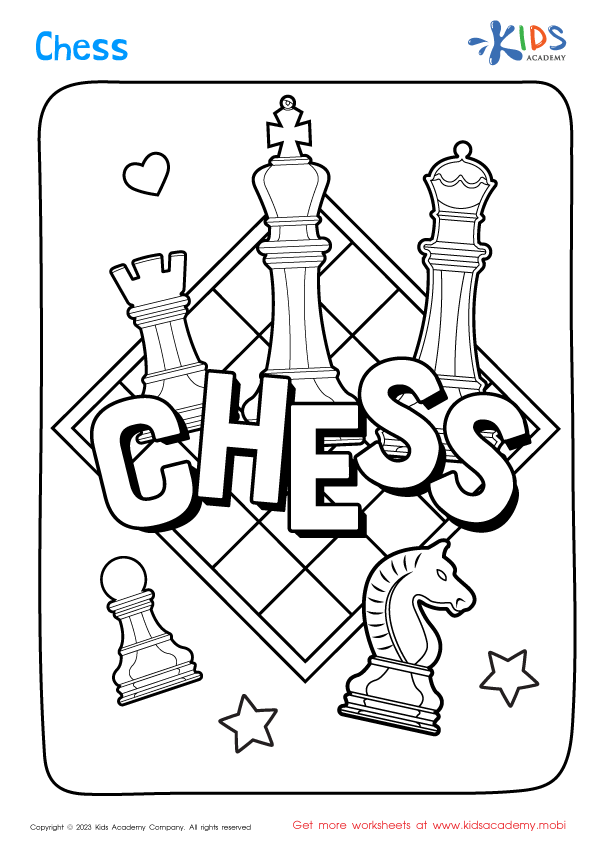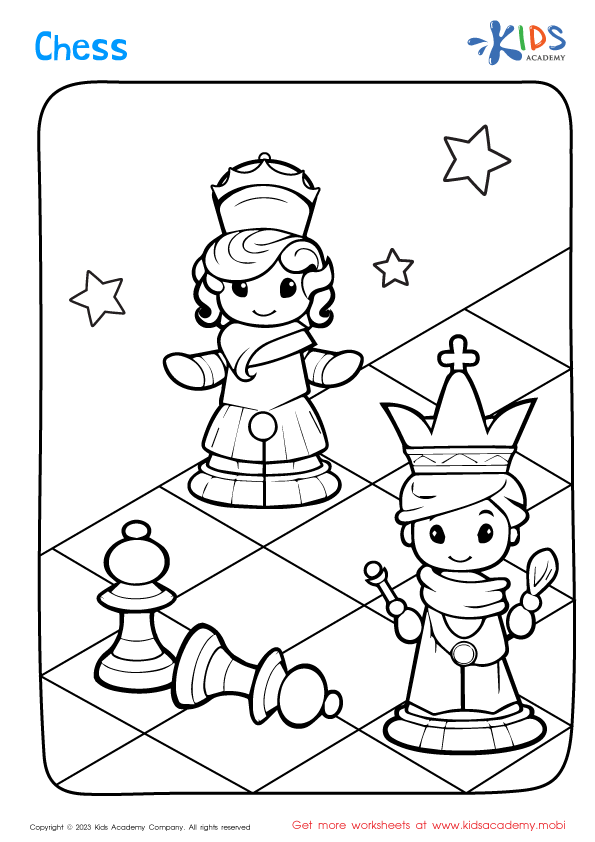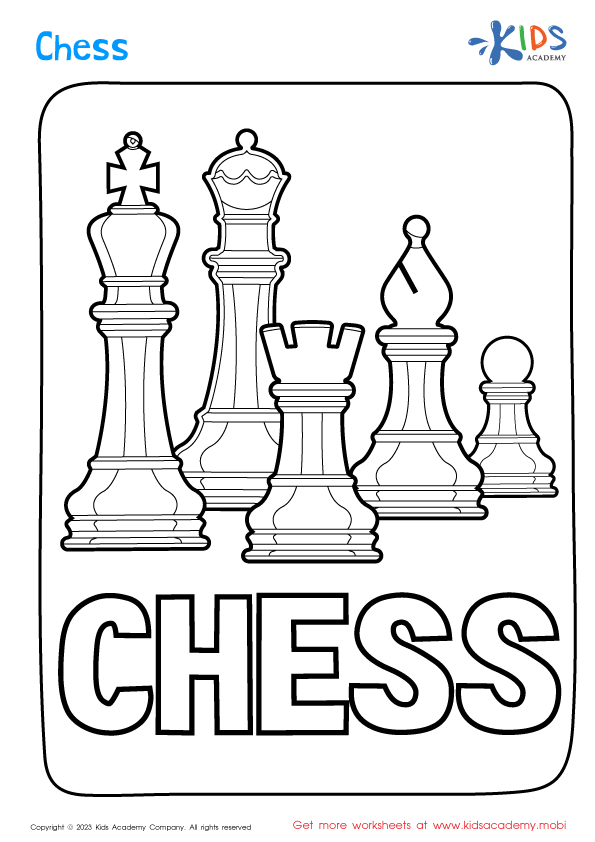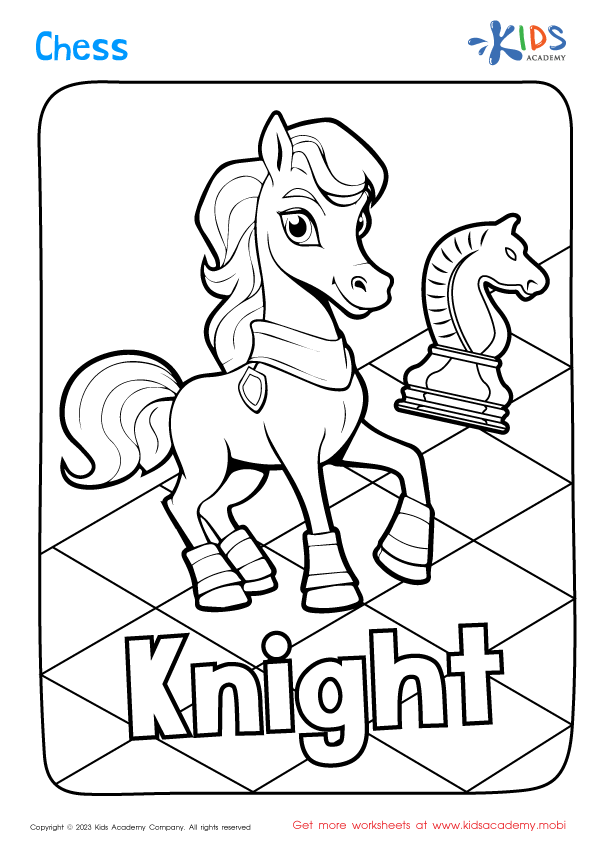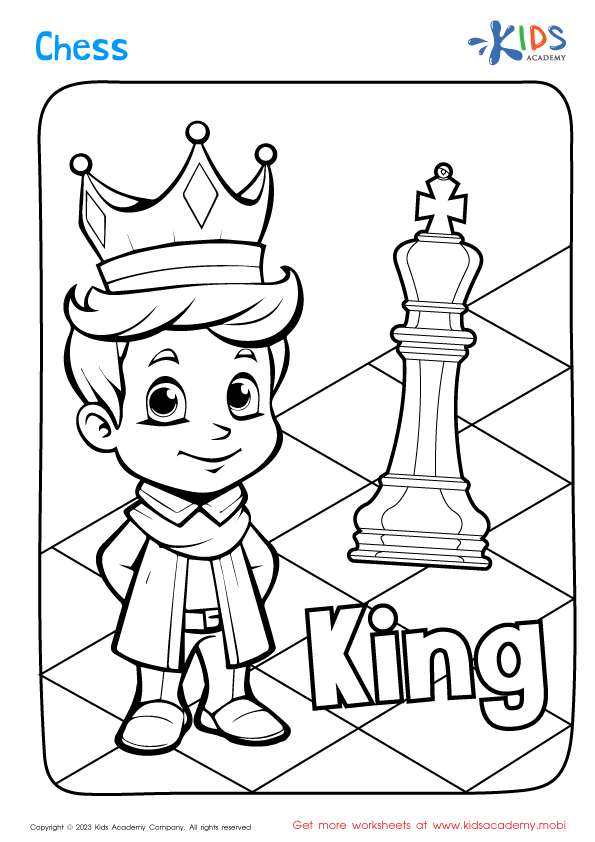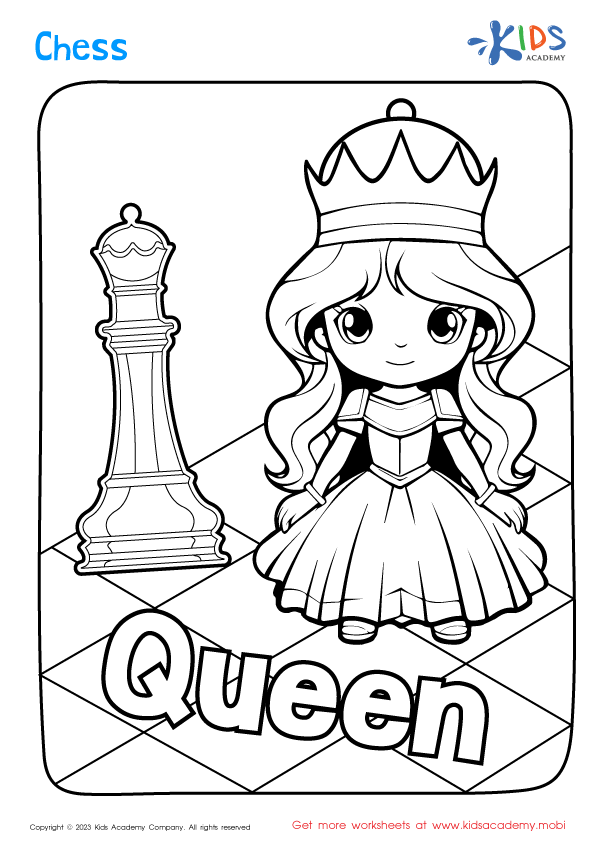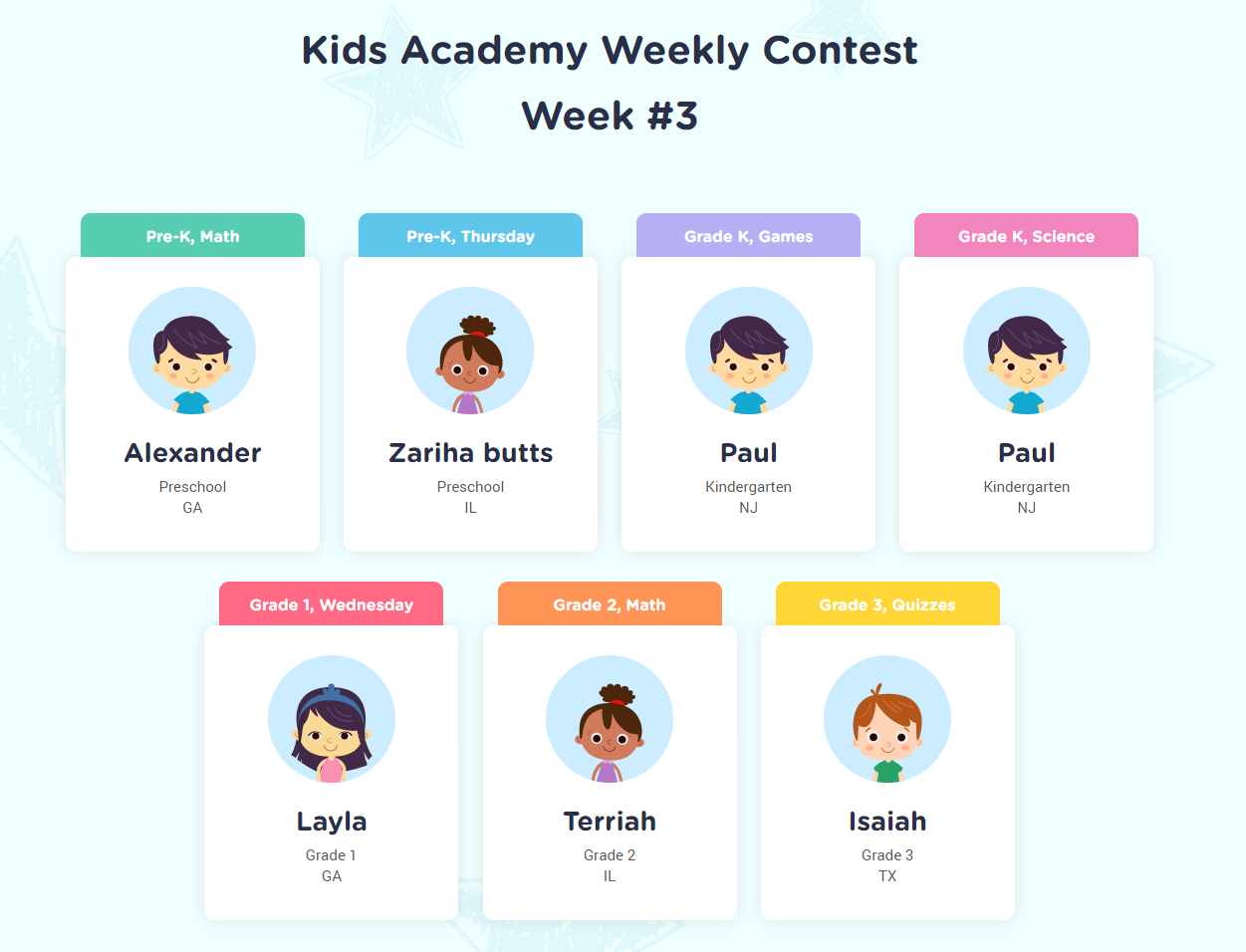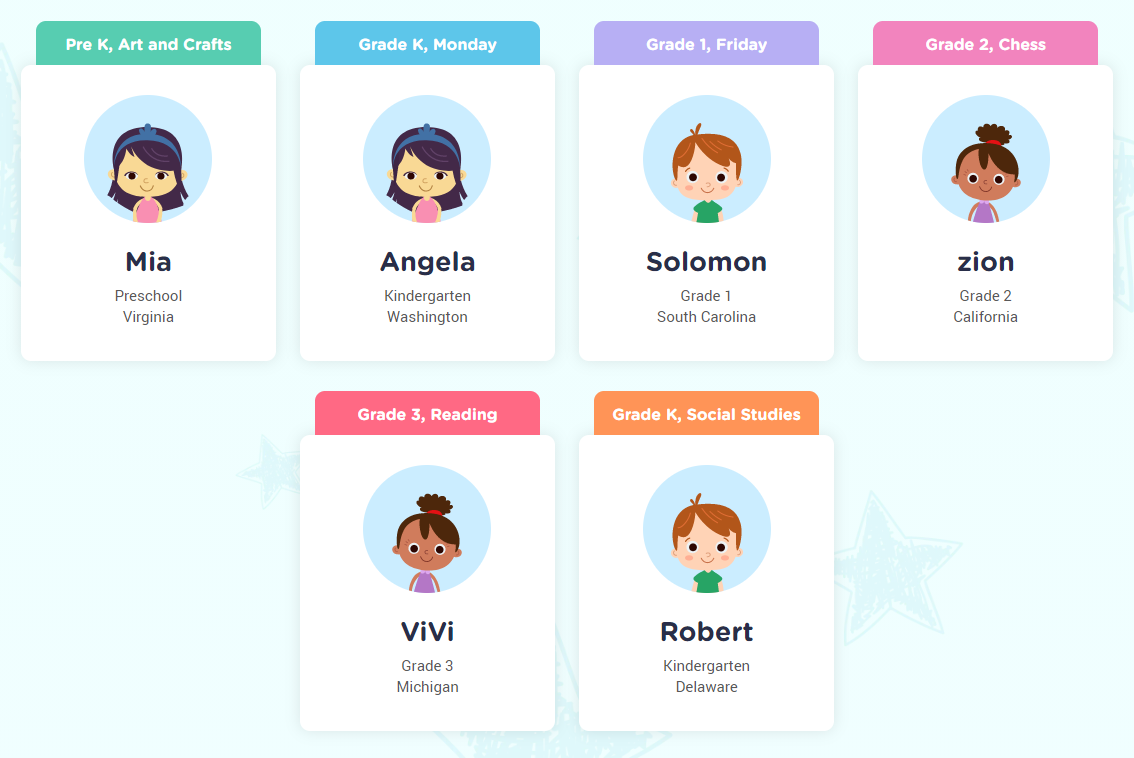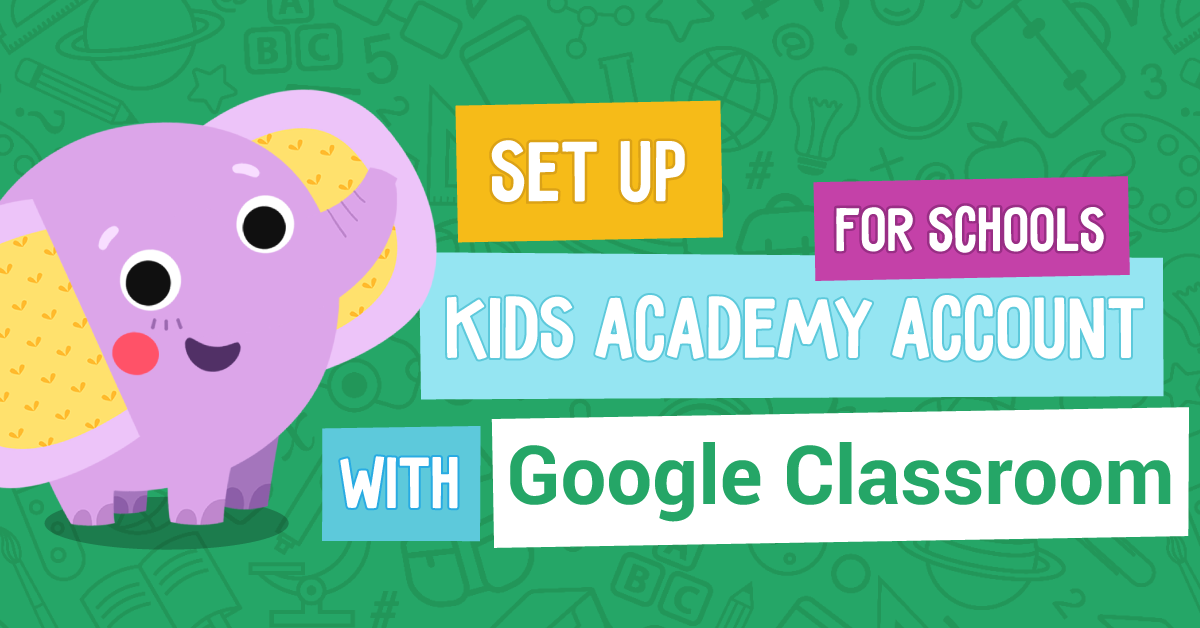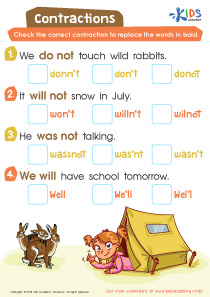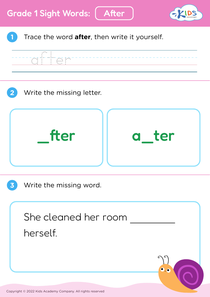International Chess Day worksheets activities for Grade 1
6 filtered results
-
From - To
In the realm of educational enrichment, International Chess Day worksheets activities for Grade 1 stand out as both innovative and incredibly beneficial for young learners. Celebrated globally, International Chess Day is not just a commemoration of this timeless game but also a golden opportunity to introduce the fundamentals of chess to first graders through engaging and thoughtfully designed worksheets. These activities are crafted with the young mind in mind, aiming to foster a love for chess while simultaneously developing critical thinking and problem-solving skills.
At the heart of these International Chess Day worksheets activities for Grade 1 is the goal to make chess accessible and enjoyable. By translating the complex rules and strategies of chess into simple, fun activities, children can gradually grasp the basics of the game without feeling overwhelmed. These worksheets include a variety of puzzles, color-by-code pieces, and matching exercises that introduce the different chess pieces and their movements in a visually appealing and interactive way.
Moreover, these activities are not just about learning chess; they're also about enhancing cognitive abilities. Research shows that children who engage in chess show improvements in concentration, pattern recognition, and analytical thinking. The International Chess Day worksheets are structured in such a way that they gently push the young learners to think ahead, consider consequences, and make decisions, mirroring the essential skills required in a real game of chess.
Incorporating these worksheets into Grade 1 curriculum around International Chess Day also serves a broader educational purpose. It encourages inclusivity and global awareness by marking a day celebrated by diverse cultures around the world, thus adding a cultural lesson to the educational benefits.
In summary, International Chess Day worksheets activities for Grade 1 are not just about teaching children how to play chess. They are a multifaceted educational tool designed to nurture intellectual growth, improve cognitive skills, and introduce cultural awareness—all through the engaging and universally beloved game of chess.

